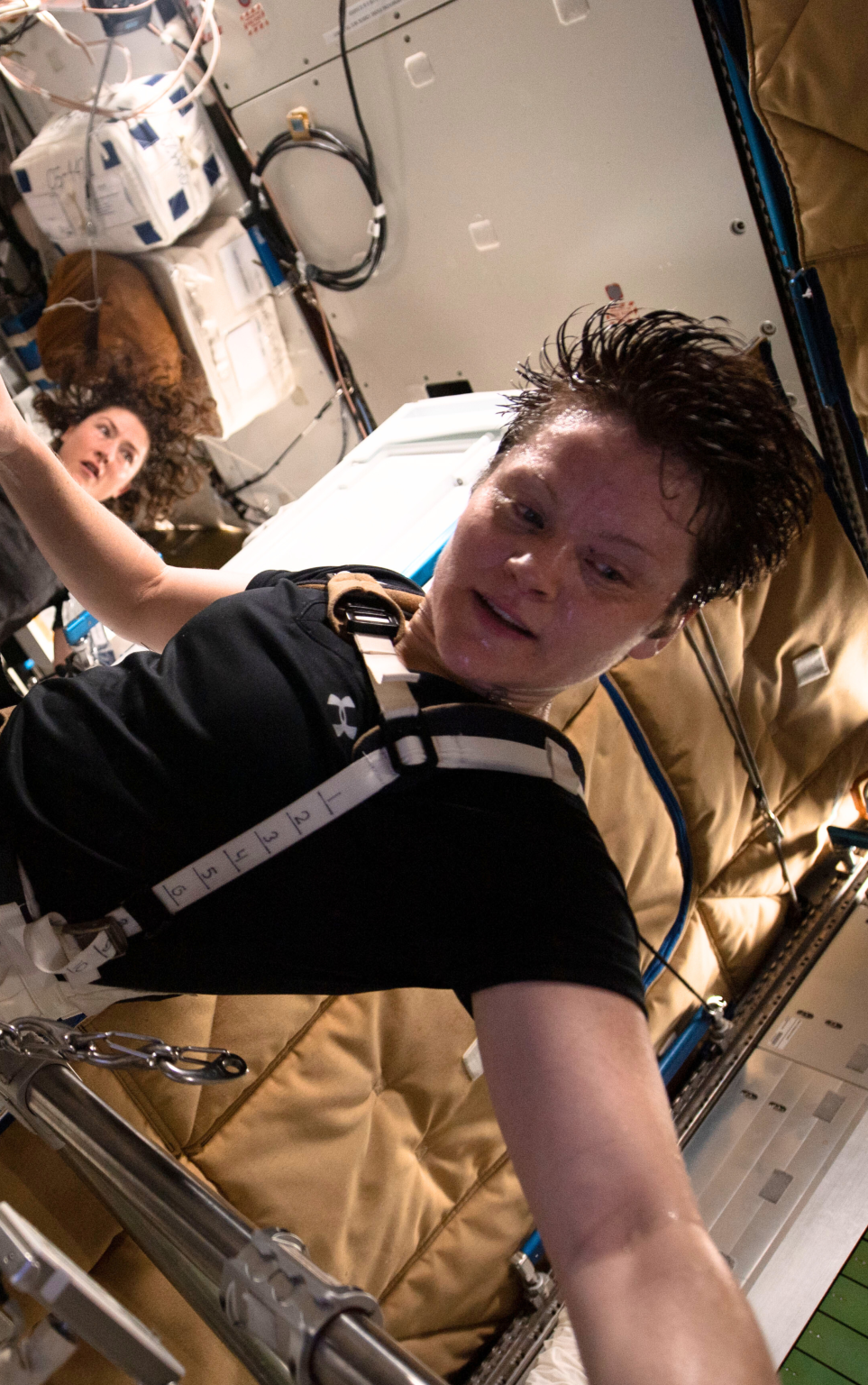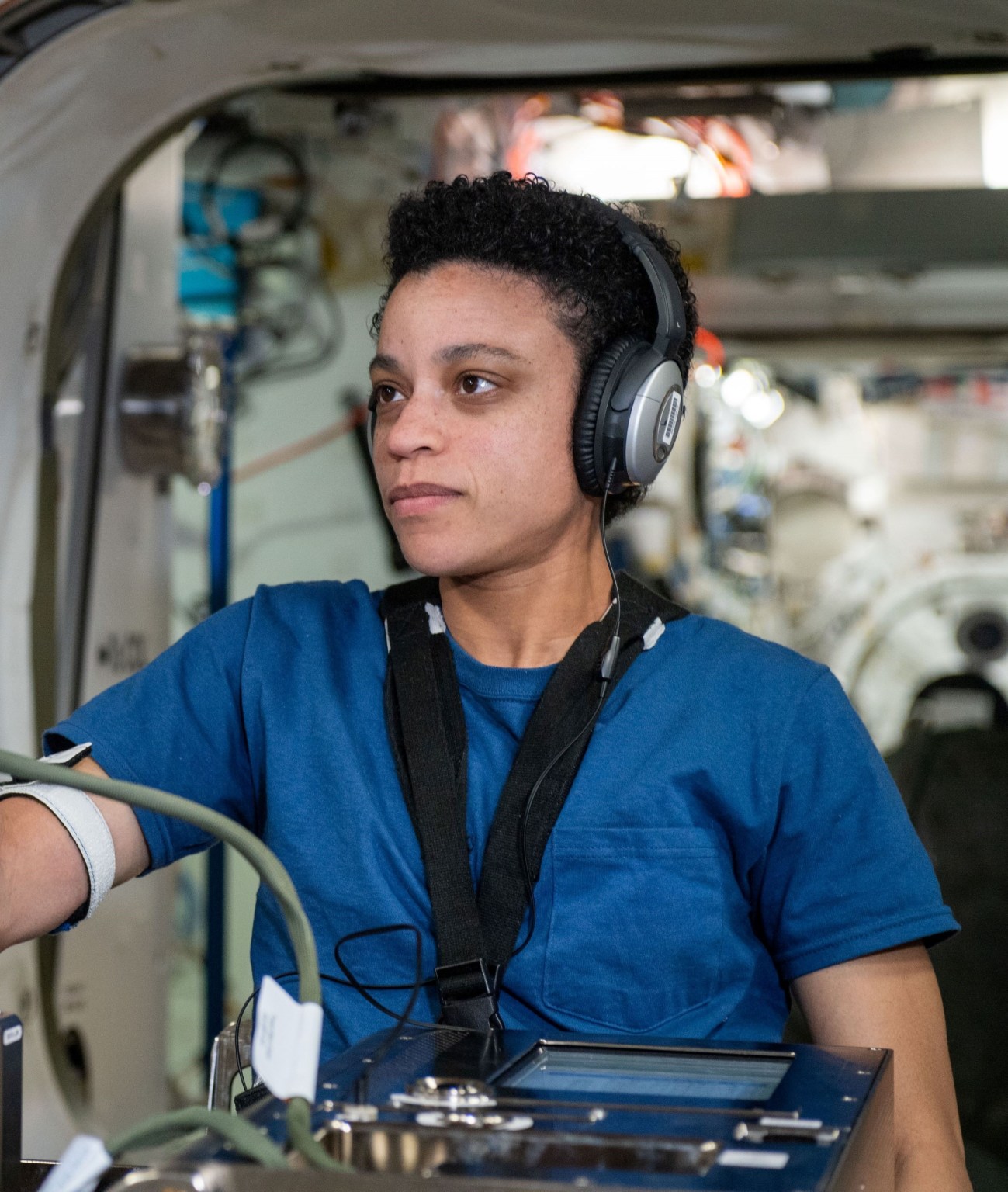Spaceflight Risks
The Human Factors and Behavioral Performance group is situated within the Human Research Program. Its research helps to ensure the health and safety of astronauts by tackling the spaceflight risks described below.

Risk of Behavioral Conditions and Psychiatric Disorders
Isolation, radiation, distance from Earth, and other intense space stressors may all take a toll on the mental health of the crew. Ongoing research seeks to better understand and quantify these psychological risks.
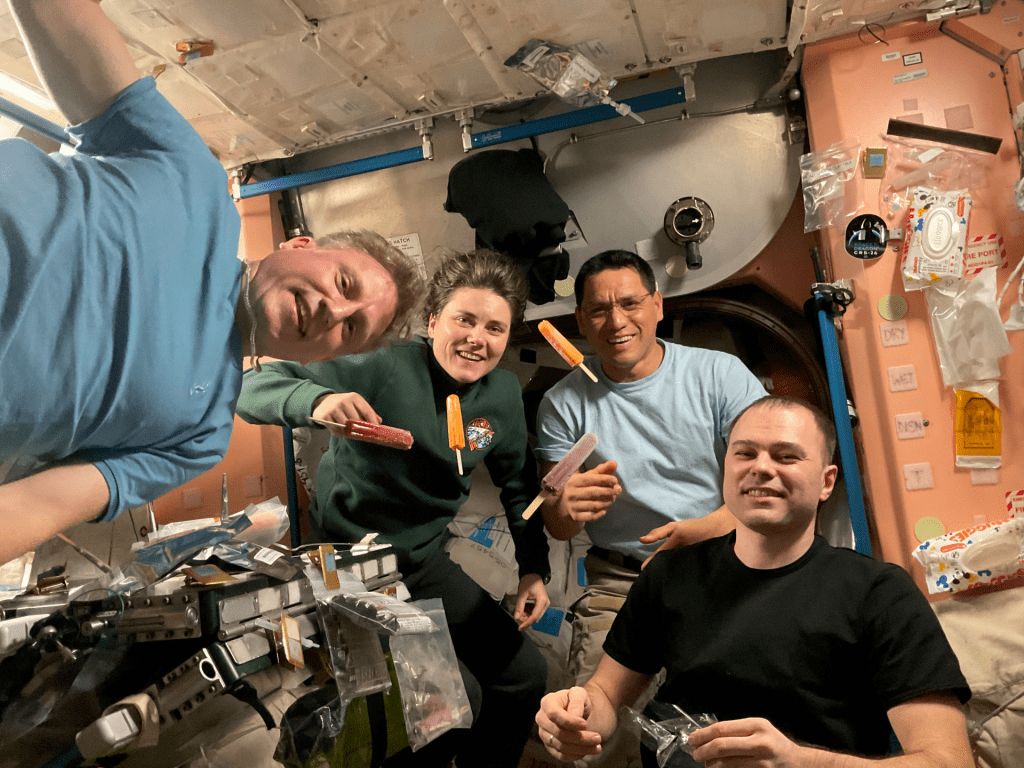
Risk of Inadequate Teamwork
Selecting a crew that works well together is essential for mission success and safety. Researchers are studying how to help teams in prolonged isolation and confinement function efficiently and quickly recover after setbacks occur. They’re also mapping the myriad risks from miscommunications and related team tensions.
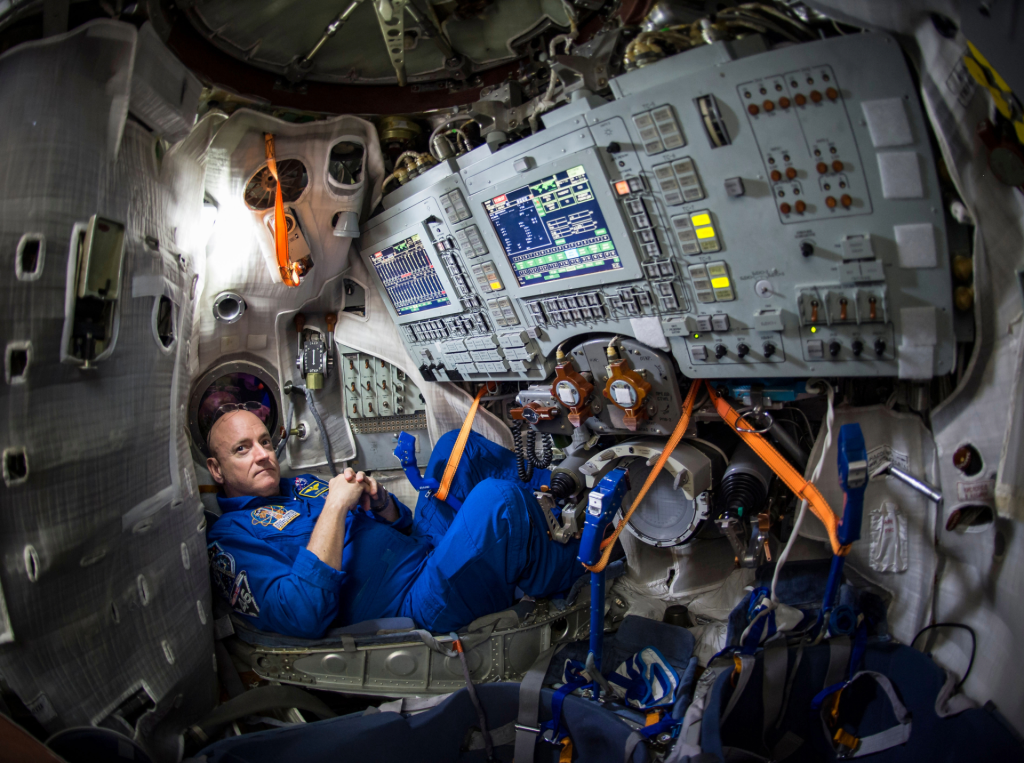
Risk of Inadequate Sleep and Irregular Schedules
Space crews experience multiple hazards simultaneously. Stressors include chronic sleep loss, constant work demands, and irregularities in their internal biological clocks. Understanding how to reduce the effects of these stressors on crew health and safety is an ongoing area of research.
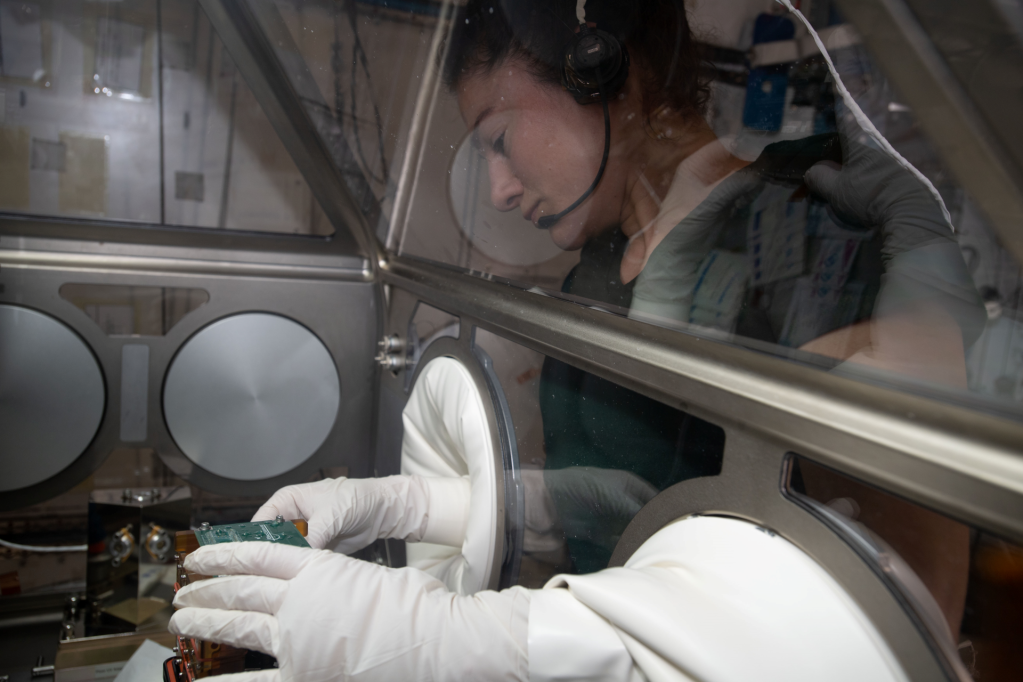
Risk of Inadequate Systems Operations Support
Future crews on deep space missions must be able to live and work in an environment where they may face unexpected problems with software, vehicles, or other systems. Research focuses on understanding when crews need information, the types and timing of required training, or other support options.
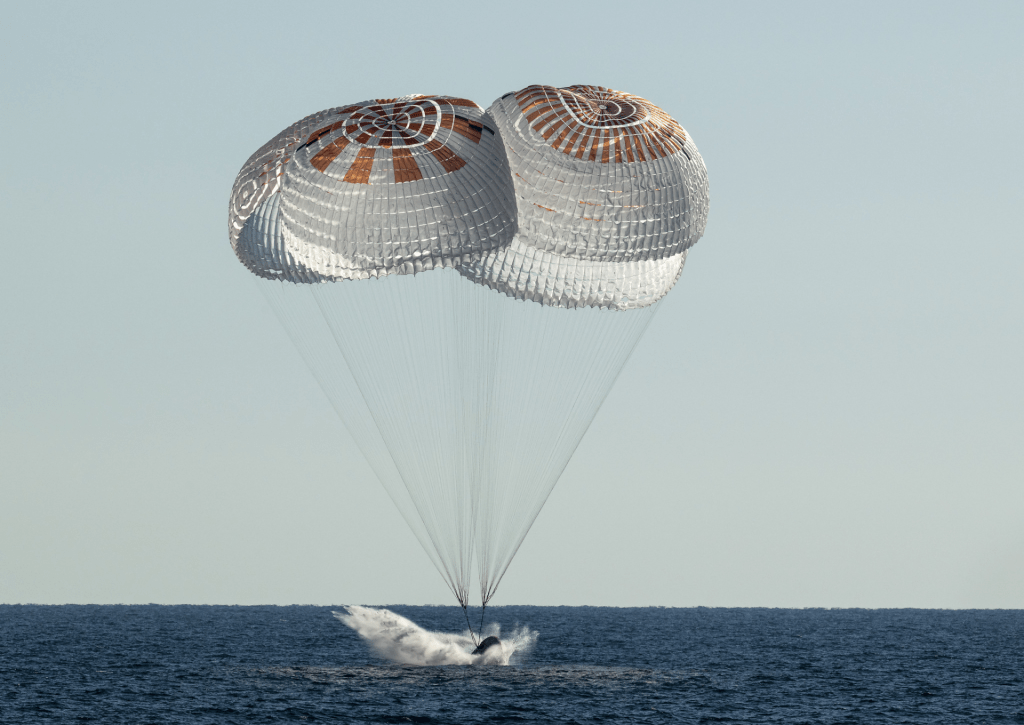
Risk of Injury from Dynamic Loads
During landing activities, crews risk getting injured. Understanding the likelihood of such injuries and how to better prevent them are areas of ongoing research.






























